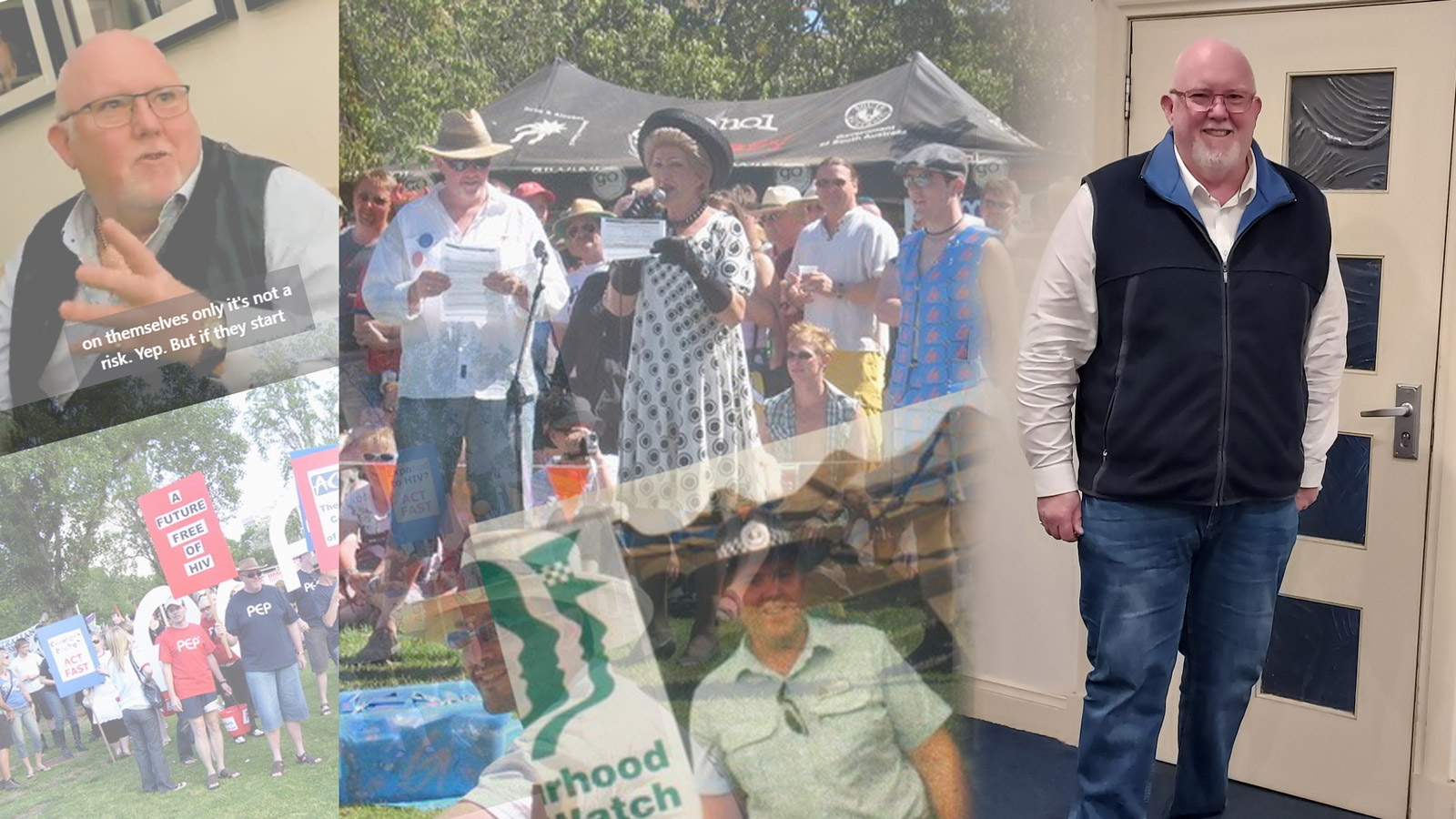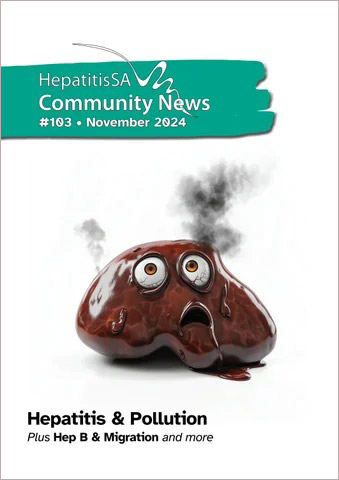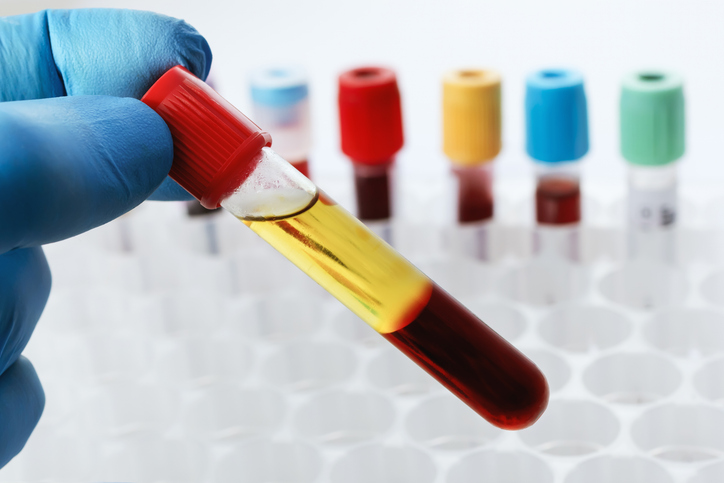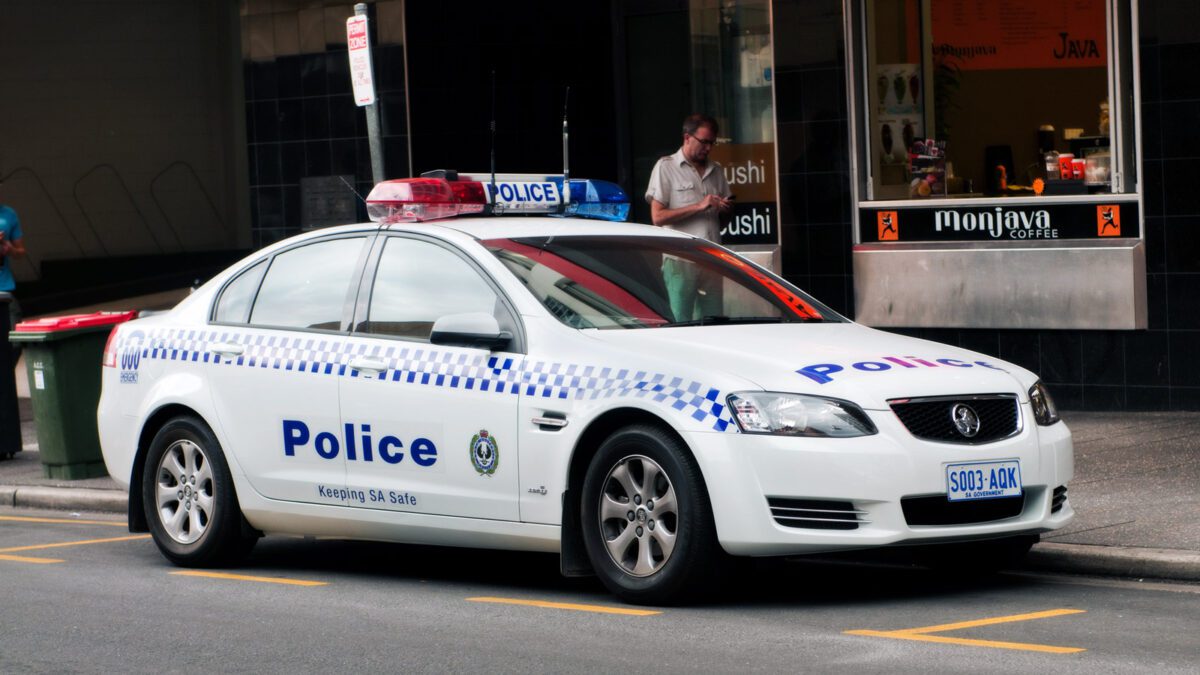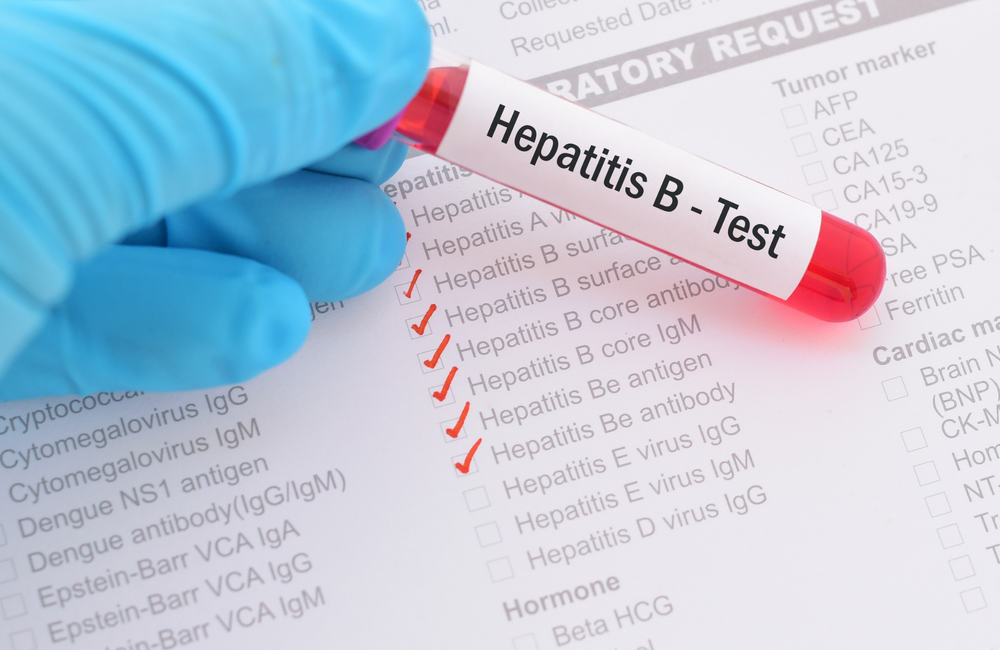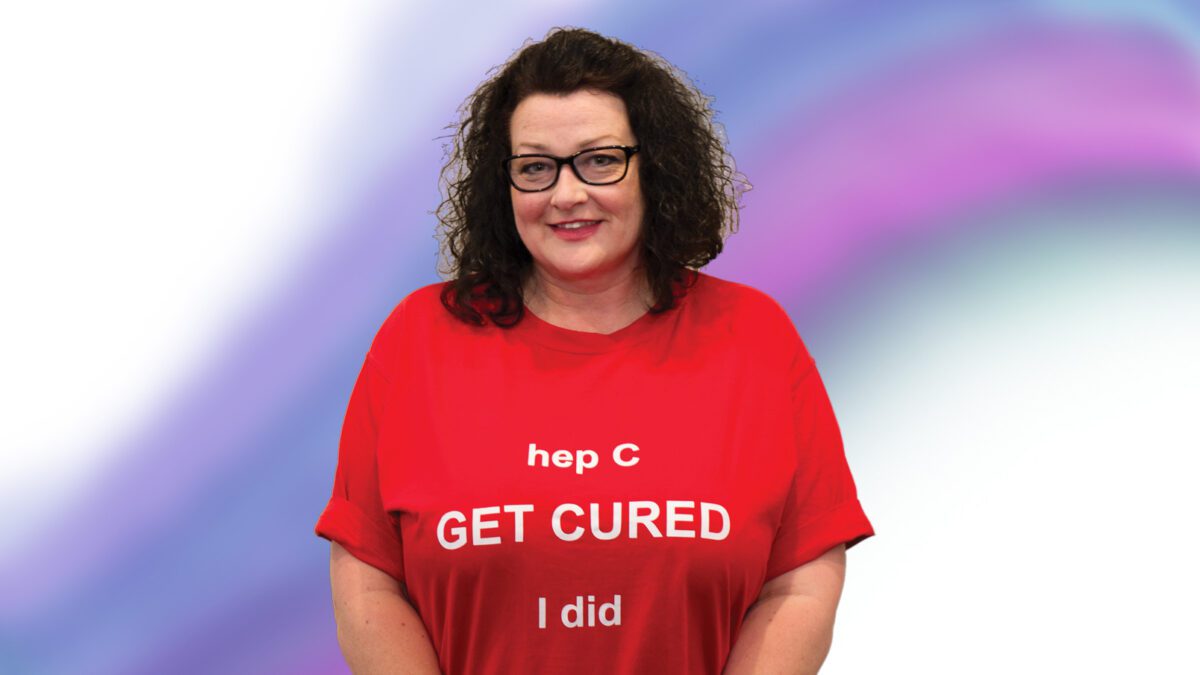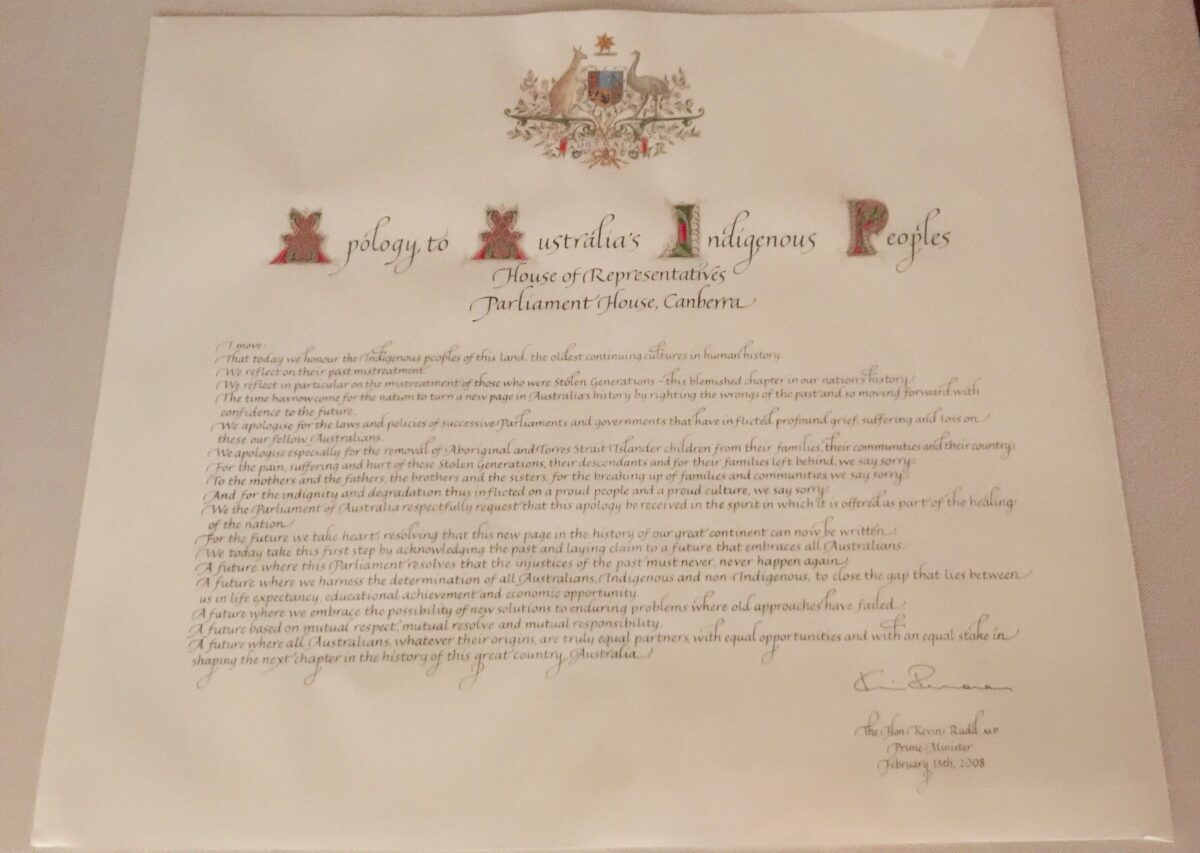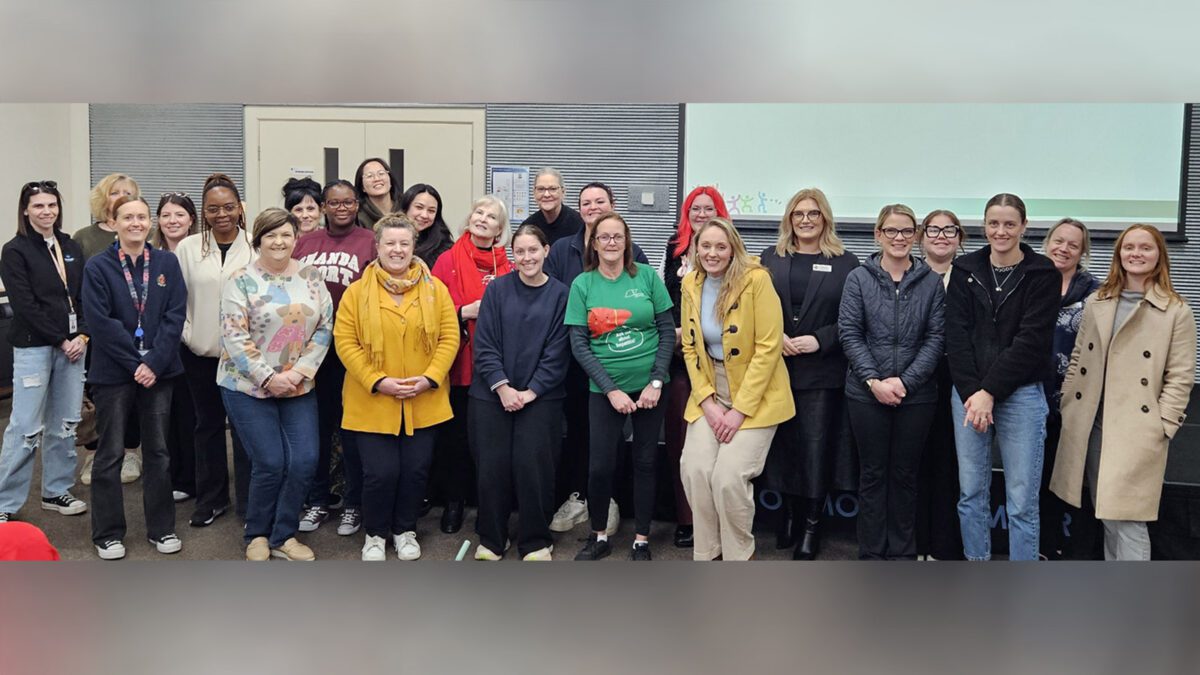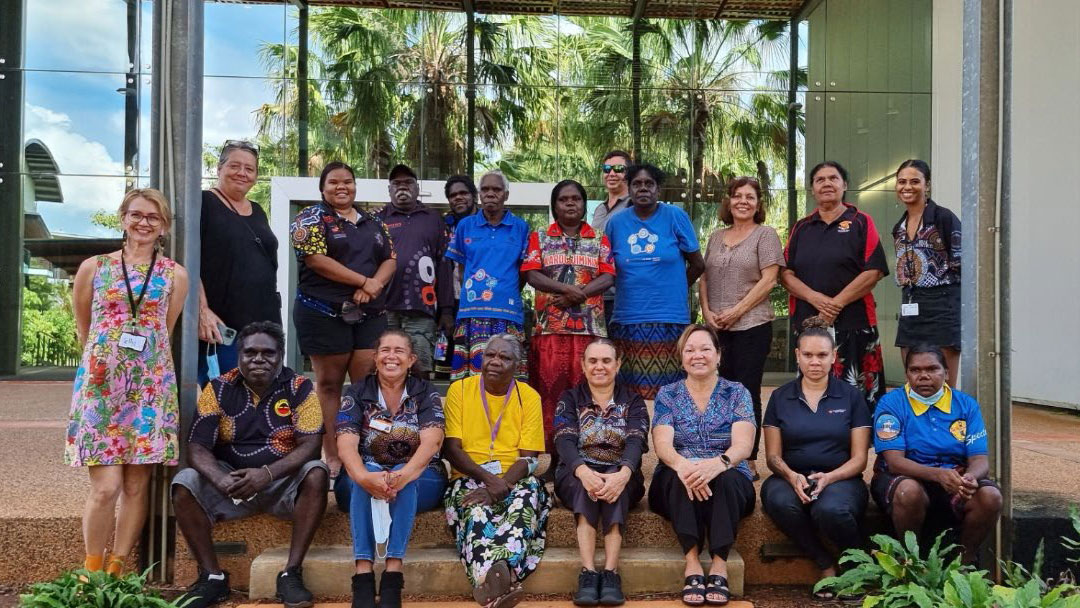Gary Spence began his adult working life in the police. He moved on to community services and came full circle with a unique achievement: successfully lobbying for the inclusion of blood borne virus education into the standard training program of the South Australia Police (SAPOL).
Sitting down for a chat with Community News just before his retirement (to a lovely life of peace and quiet in the country), Gary said successfully negotiating with the SAPOL’s Training and Development Branch to deliver that program gave him a great feeling of completion.
Up until then, training and education that the Hepatitis SA Education Team delivered to SAPOL had always been a little ad hoc, with no set times, locations, time frames or even standard length.
That all changed with the new ‘Blood Safety & Viral Hepatitis’ on-going education program. The SAPOL-compliant program was given a SAPOL Health Safety and Welfare training code which means it is now a SA Police requirement for all operational personnel to have received this training. All personnel have a five-year period in which to compete their training.
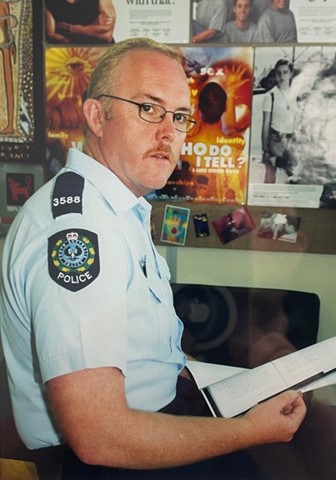
“It was quite a challenge and a bit touch and go at one stage,” he recalled. Negotiations took a year, delayed by staff changes at the SAPOL end. What clinched it was the fact that Gary had worked with SA Police for 20 years before moving to the community sector.
Hepatitis SA Education Coordinator, Jenny Grant, said much of the success in getting the ‘Blood Safety & Viral Hepatitis’ program incorporated as required training for their operational personnel was due to the trust that Gary had built with the SA Police training department.
“They knew that he understood how SAPOL works, what their operational staff training needs were, and how to provide content that was useful and relevant,” she said.
Gary started working when he was 11. “After school, in the afternoons, I’d earn pocket money by helping out at the local deli,” he said. At 16 he graduated to selling white goods at Harris Scarfe, before applying to join the SA Police Academy at age 17.
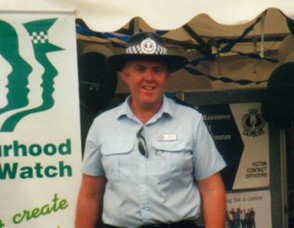
“I had to live in the Police Academy for two years and hated everything about it,” he recalled. “I started on a Thursday and by the second day I was ready to quit.” His parents convinced him to stay on and keep it up. And so, two years of training turned into 20 years of policing.
His policing career was diverse, from general patrols in Port Augusta from 1985 to 1990, to communications back in Adelaide, taking calls and dispatching jobs.
What gave him a new direction was a domestic violence course which he attended – it motivated him to go into that area of policing, helping the victims of DV. That’s when policing for him clearly became more of a service than a force.
We got shunted around from one desk to another, one service to another. It was very bad.
“It was quite harrowing to see what the victims suffered,” he said. “Many of the perpetrators looked so respectable from the outside.” In time, the role expanded to include sexual assault, and in that process extended to the gay and lesbian community as well.
Gary remembered one week in particular, where two male victims approached him for help, and he couldn’t find any services for them. “We got shunted around from one desk to another, one service to another. It was very bad,” he said. That experience prompted him to push for the role of a gay and lesbian liaison officer in SAPOL – a role he filled from 1998 until it was abolished in 2001. The position was never officially formalised, and that allowed it to be done away with easily.
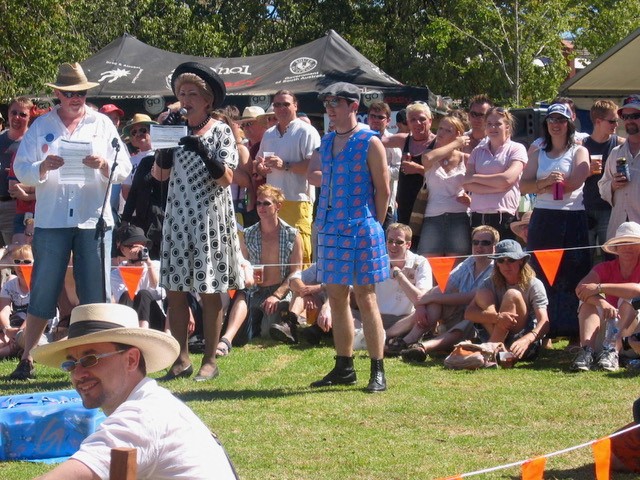
In his capacity as the liaison officer, Gary provided training to police officers with support via the AIDS Council, and Gay Men’s Health. “There were other changes happening in the police department as well. A female non-Police person commenced as head of HR, and she was very supportive of this position. The culture was shifting,” he said.
… abolition of the role had the unexpected consequence of every officer needing to be aware of the issues and needs of the community…
Nonetheless, there was still a lot of opposition to the change and despite the inevitable cultural shift, the liaison officer’s position was done away with quite swiftly by a very senior police officer at the time, with no discussions entered into.
Ironically, the abolition of the role had the unexpected consequence of every officer needing to be aware of the issues and needs of the community, and to be able to do the job previously done by the gay and lesbian liaison officer. The training package which Gary had developed for SAPOL operational personnel became all the more important. It is still in use today.
In 2002, Gary decided it was time to move on. “Otherwise, it clouds your view,” he said. “Gay Men’s Health at the AIDS Council had a position open, they asked me if I would apply, and I decided to go for it. It was time for a change.
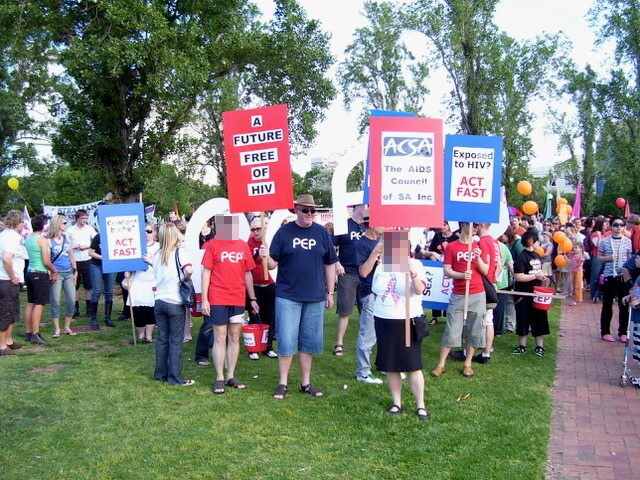
“During the seven to eight years with Gay Men’s Health, I was a project worker and then manager.” He was also Acting CEO of the AIDS Council for a year.
Gary left the AIDS Council in 2009 and purchased a trendy little environmentally-friendly gift shop, The Waste Not Want Not Shop in Goodwood (which he later moved to Blackwood), with his partner Jayson Smart, a school teacher who also ran a dance studio. Gary had met Jayson in 1993 through the now SA Police Commissioner, Grant Stevens.
“One highlight of having the shop was the opportunity of working at some stage with all three of my grown-up children,” he said.
While the shop was a nice challenge, it wasn’t quite enough, so in 2016 he sold the shop and joined Hepatitis SA as an educator where his experience in education, and understanding of community needs could be applied to another good cause.

Gary’s journey took him from a young person who “hated everything” about the Police Academy, through 20 years in policing, helping to shift the culture, and on to another 20 years as organiser and educator in the HIV and hepatitis sectors. His 41-year career was rounded off with that final feather in his cap: successfully getting blood safety and hepatitis education built into standard South Australian Police training – tying it up nicely, like a bow.
“It’s a nice feeling – coming full circle,” he admitted as he walked out the door with a smile.
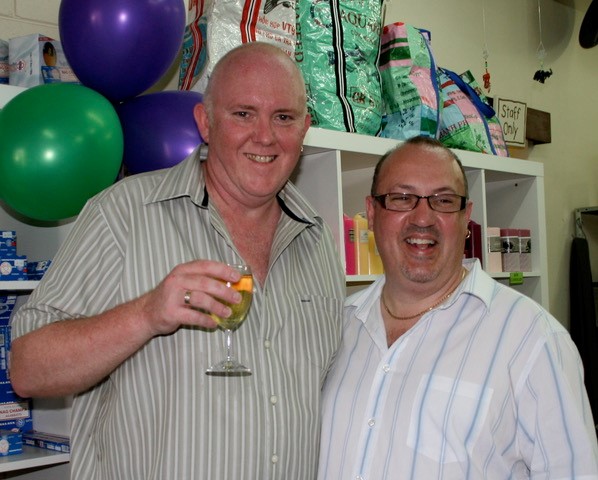
Last updated 28 November 2024
More from:
Enjoyed this article? Subscribe to be notified whenever we publish new stories.
Subscribe for Updates
